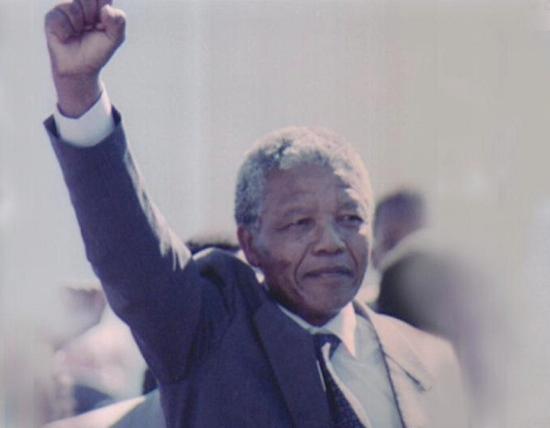From Ryan Irwin’s Foreign Affairs appraisal of South Africa after Nelson Mandela, which argues that the late President was ideal for a transitioning nation but that the country needs a different kind of leader for its next phase:
“Turning Mandela’s pluralism into a coherent governing doctrine was difficult. Mandela is remembered today mostly for his symbolic acts, gestures that ‘made South Africans feel good about ourselves,’ in the activist Desmond Tutu’s words, such as embracing the country’s national rugby team, the Springboks, during the 1995 Rugby World Cup. Mandela developed actual government policy slowly as he negotiated his country’s constitution between 1994 and 1997, taking a hard line on multiculturalism while relinquishing his commitment to wealth redistribution. In Mandela’s words, it was at a World Economic Forum in Davos, Switzerland in 1992, when he ‘realized, as never before, that if we wanted investments . . . we had to remove the fear of business.’ Storytelling could only go so far.
South Africa today is a reflection of Mandela’s presidency and the grand strategy that preceded it. By cultivating such a pluralist stance toward anti-apartheid activism, Mandela’s ANC successfully ended the legitimacy of South Africa’s minority white government. These efforts, however, cultivated unusually high expectations among the supporters who embraced the ANC for reasons as diverse as South Africa itself. The resulting dissonance has made South Africa a paradox: imbued with a rich vocabulary of civil, political, economic, social, and human rights, the country remains plagued by pervasive income inequality, structural unemployment, and widespread poverty.
Another Nelson Mandela would not cure South Africa of these ills. To thrive in the twenty-first century, the country needs not hope and activism but technocrats and engineers who can develop workable solutions to the messy realities of urban blight and rural poverty. This perhaps would be Mandela’s message to the generation born after 1990. ‘There are good men and women in all communities,’ he reflected shortly after his retirement in 1999. ‘The duty of the real leader,’ he asserted, is not only to bring these people into the fold but also to ‘give them tasks of serving their community.’ Modern South Africa needs a leader who can do the latter.”
Tags: Nelson Mandela, Ryan Irwin

